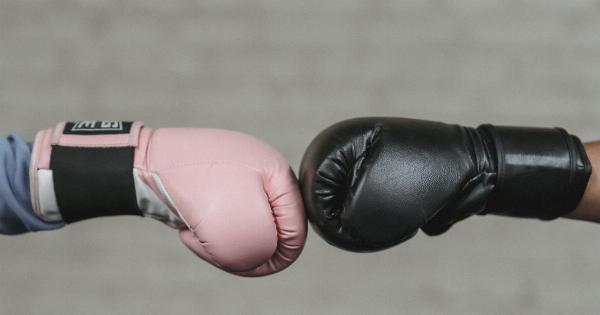March 1st marks the International Day of Zero Discrimination.
This day is dedicated to raising awareness about the negative effects of discrimination and promoting equality for everyone, regardless of their race, gender, religion, or any other characteristic.
History of International Day of Zero Discrimination
The International Day of Zero Discrimination was first observed in 2014 by the United Nations. The goal of this day is to promote the universal principle of non-discrimination and to encourage people to fight against discrimination in all its forms.
The Importance of Zero Discrimination
Discrimination is a major issue that affects millions of people around the world. It is one of the main causes of inequality and social injustice.
Discrimination can take many forms, including racism, sexism, homophobia, and prejudice against people with disabilities.
Discrimination not only harms individuals but also communities and societies as a whole. It creates division, inequality, and a sense of isolation.
Discrimination can also lead to violence and conflict, causing further harm to those who are already vulnerable.
The Impact of Discrimination
The impact of discrimination can be devastating. Discrimination can lead to poverty, unemployment, and lack of access to basic services like healthcare and education. Discrimination can also cause mental health issues, such as depression and anxiety.
For marginalized communities, discrimination can be especially harmful. Women, people of color, people with disabilities, and members of the LGBTQ+ community often face discrimination in their daily lives.
This discrimination can lead to a lack of opportunities, exclusion from society, and violence.
How to Eliminate Discrimination
Eliminating discrimination is a long-term goal that requires the collective efforts of individuals, organizations, and governments. Here are some ways that we can work towards zero discrimination:.
1. Education
Education is key to raising awareness about discrimination and promoting equality. Through education, we can learn about different cultures, beliefs, and experiences, and gain a better understanding of the impact of discrimination.
2. Legislation
Legislation is an important tool for combating discrimination. Laws and policies can protect people from discrimination and provide them with legal recourse if they experience discrimination.
3. Advocacy
Advocacy is a powerful way to raise awareness about discrimination and promote equality. Through advocacy, we can speak out against discrimination, engage in dialogue with others, and work towards creating a more inclusive society.
4. Community Engagement
Community engagement is essential for eliminating discrimination. By working together, communities can build relationships, share experiences, and promote understanding.
5. Empowerment
Empowerment is about giving people the tools and resources they need to overcome discrimination. This can include providing education and training, creating mentorship programs, and supporting leadership development.
Conclusion
The International Day of Zero Discrimination is an important reminder of the negative effects of discrimination and the importance of promoting equality for all.
By working together and taking concrete steps to eliminate discrimination, we can create a more just and inclusive world.




























